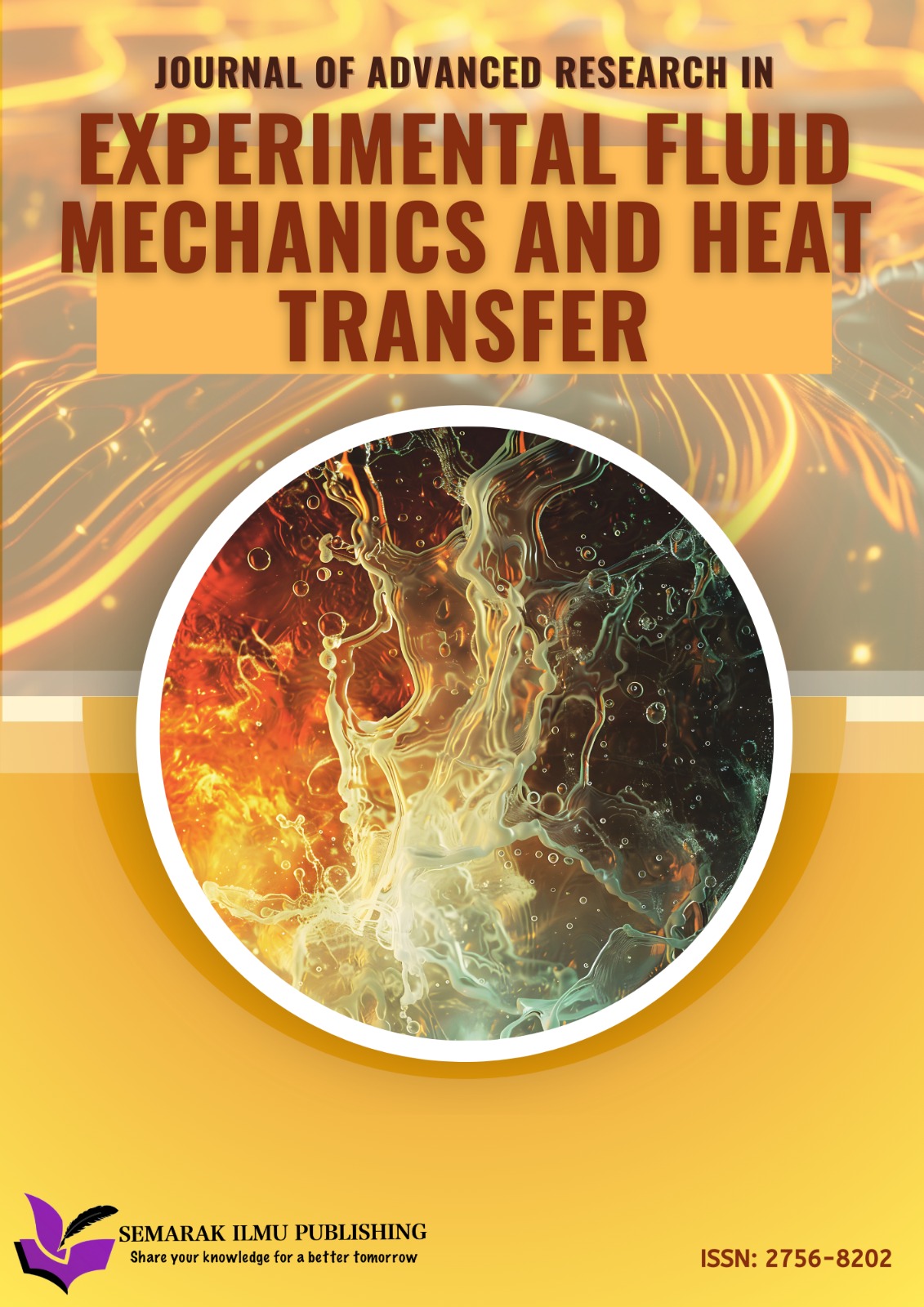Hybrid Approach of Multiclassification for Lung Cancer Types Identification
DOI:
https://doi.org/10.37934/araset.52.1.132150Keywords:
Computed tomography (CT) scan, VGG16, Lung cancer, Machine learningAbstract
As a widespread health concern, lung cancer requires sophisticated detection techniques for a precise classification. This research proposes an integrated framework for improving how well lung cancer is detected by combining processing methods for images and machine learning. The dataset, which includes normal cases, large-cell carcinoma, squamous cell carcinoma, and adenocarcinoma, allows for a detailed investigation of various forms of lung cancer. K-means clustering is the initial stage of the approach of segmenting complex images. Utilizing the VGG16 model, features are extracted that are important for classification. Several classification models, such as SVM, Logistic Regression, and Feedforward Neural Network, are trained using the combined features from clustering and VGG16. This research goes beyond the dichotomy of benign and malignant cases, investigating in more detail the subtypes of large-cell carcinoma, squamous cell carcinoma, and adenocarcinoma. Including different classes of lung cancer increases the granularity of the classification process, improving diagnostic accuracy and clinical insights. The results highlight how well the suggested strategy works, which is a major advancement in the accurate identification of distinct kinds of lung cancer.
Downloads


























